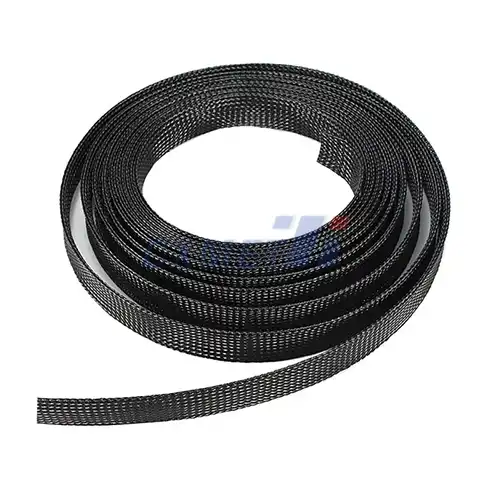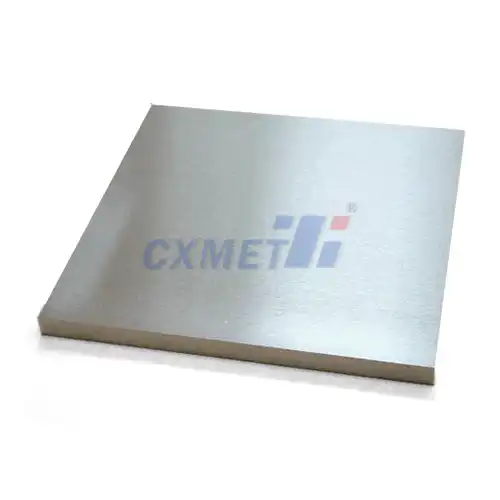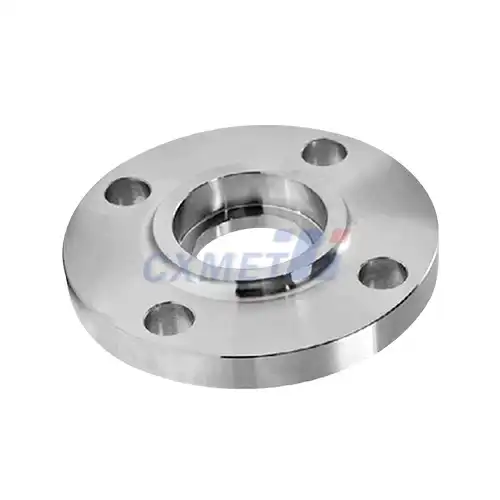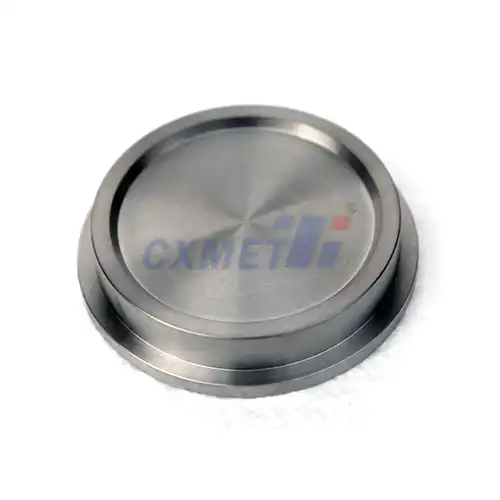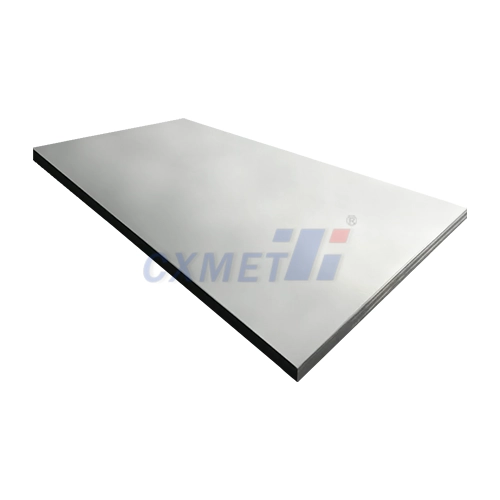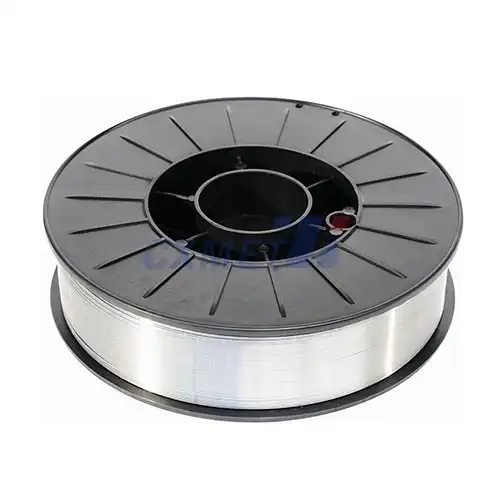- English
- French
- German
- Portuguese
- Spanish
- Russian
- Japanese
- Korean
- Arabic
- Greek
- German
- Turkish
- Italian
- Danish
- Romanian
- Indonesian
- Czech
- Afrikaans
- Swedish
- Polish
- Basque
- Catalan
- Esperanto
- Hindi
- Lao
- Albanian
- Amharic
- Armenian
- Azerbaijani
- Belarusian
- Bengali
- Bosnian
- Bulgarian
- Cebuano
- Chichewa
- Corsican
- Croatian
- Dutch
- Estonian
- Filipino
- Finnish
- Frisian
- Galician
- Georgian
- Gujarati
- Haitian
- Hausa
- Hawaiian
- Hebrew
- Hmong
- Hungarian
- Icelandic
- Igbo
- Javanese
- Kannada
- Kazakh
- Khmer
- Kurdish
- Kyrgyz
- Latin
- Latvian
- Lithuanian
- Luxembou..
- Macedonian
- Malagasy
- Malay
- Malayalam
- Maltese
- Maori
- Marathi
- Mongolian
- Burmese
- Nepali
- Norwegian
- Pashto
- Persian
- Punjabi
- Serbian
- Sesotho
- Sinhala
- Slovak
- Slovenian
- Somali
- Samoan
- Scots Gaelic
- Shona
- Sindhi
- Sundanese
- Swahili
- Tajik
- Tamil
- Telugu
- Thai
- Ukrainian
- Urdu
- Uzbek
- Vietnamese
- Welsh
- Xhosa
- Yiddish
- Yoruba
- Zulu
What Makes Gr7 Titanium Rod Ideal for Corrosive Environments?
2025-07-25 16:00:16
In the realm of industrial materials, the search for components that can withstand harsh, corrosive environments is an ongoing challenge. Enter the Gr7 Titanium Rod, a remarkable solution that has been gaining significant attention across various sectors. This specialized titanium alloy, containing 0.2% palladium, stands out for its exceptional resistance to corrosion, particularly in aggressive chemical environments. As industries continue to push the boundaries of material performance, Gr7 Titanium Rod emerges as a frontrunner, offering a unique combination of strength, durability, and unparalleled resistance to corrosive elements. This article delves into the properties that make Gr7 Titanium Rod an ideal choice for corrosive environments, exploring its composition, advantages, and the wide array of applications where it truly shines.
|
|
|
Unraveling Gr7's Unique Corrosion Resistance Properties
Chemical Composition and Its Impact
The Gr7 Titanium Rod's exceptional corrosion resistance stems from its carefully engineered chemical composition. The addition of 0.2% palladium to commercially pure titanium creates a synergistic effect that dramatically enhances the material's resistance to oxidizing acids and chloride environments. This small but crucial addition of palladium forms a protective layer on the surface of the Gr7 Titanium Rod, effectively shielding it from corrosive attacks. The result is a material that outperforms many other metals and alloys in harsh chemical environments, making it an invaluable asset in industries where corrosion is a constant threat.
Electrochemical Behavior in Corrosive Media
The Gr7 Titanium Rod exhibits remarkable electrochemical behavior when exposed to corrosive media. Its unique composition allows it to maintain a stable passive film even in the presence of aggressive ions that would typically break down the protective layers of other materials. This passive film acts as a barrier, preventing further corrosion and ensuring the longevity of the Gr7 Titanium Rod in applications where it's subjected to harsh chemicals. The rod's ability to resist pitting, crevice corrosion, and stress corrosion cracking makes it particularly valuable in environments where these forms of localized corrosion are prevalent.
Comparative Advantage Over Other Materials
When compared to other materials commonly used in corrosive environments, the Gr7 Titanium Rod stands out for its superior performance. While stainless steels may suffer from chloride-induced corrosion and nickel alloys can be vulnerable to certain acids, the Gr7 Titanium Rod maintains its integrity across a broader spectrum of corrosive conditions. Its resistance to both reducing and oxidizing acids, coupled with excellent performance in chloride-rich environments, positions the Gr7 Titanium Rod as a versatile solution for diverse industrial applications. This comparative advantage translates to longer service life, reduced maintenance needs, and improved safety in critical operations where material failure is not an option.
Cost vs. Longevity: Gr7 Titanium's Economic Advantage
Initial Investment vs. Long-term Savings
While the initial cost of Gr7 Titanium Rod may be higher than some alternative materials, its economic advantage becomes clear when considering the long-term perspective. The exceptional durability and corrosion resistance of Gr7 Titanium Rod translate into significantly extended service life, reducing the frequency of replacements and associated downtime. This longevity factor is particularly crucial in industries where equipment failures can lead to costly production interruptions or safety hazards. By investing in Gr7 Titanium Rod, companies can minimize the total cost of ownership over the lifecycle of their equipment, making it a financially prudent choice for applications in corrosive environments.
Reduced Maintenance and Downtime
One of the most significant economic benefits of using Gr7 Titanium Rod in corrosive environments is the substantial reduction in maintenance requirements and operational downtime. The rod's superior resistance to corrosion means less frequent inspections, fewer repairs, and minimal unplanned shutdowns due to material degradation. This reliability is invaluable in continuous process industries where every minute of downtime translates to lost revenue. Moreover, the reduced need for protective coatings or frequent replacements further contributes to cost savings. The Gr7 Titanium Rod's ability to maintain its integrity over extended periods ensures that operations run smoothly, enhancing overall productivity and efficiency.
Environmental and Safety Considerations
The economic advantages of Gr7 Titanium Rod extend beyond direct cost savings to include significant environmental and safety benefits. Its exceptional durability reduces the need for frequent replacements, thereby minimizing waste generation and the environmental impact associated with manufacturing and disposing of materials. In safety-critical applications, the reliability of Gr7 Titanium Rod translates to reduced risks of equipment failure, which could otherwise lead to accidents, environmental contamination, or costly legal liabilities. Furthermore, the rod's resistance to corrosion helps maintain the integrity of systems handling hazardous materials, ensuring better containment and reducing the risk of leaks or spills. These factors contribute to a safer working environment and potentially lower insurance costs, further enhancing the economic value proposition of Gr7 Titanium Rod.
Applications: Where Gr7 Titanium Rods Shine Brightest
Chemical Processing and Manufacturing
In the chemical processing and manufacturing industries, Gr7 Titanium Rod has found extensive application due to its exceptional resistance to corrosive environments. It is particularly valuable in equipment exposed to chlorine, chlorine compounds, and oxidizing acids. Heat exchangers, reaction vessels, and piping systems in chemical plants often utilize Gr7 Titanium Rod to ensure longevity and reliability. The rod's ability to withstand aggressive chemicals while maintaining its structural integrity makes it an ideal choice for processes involving chlor-alkali production, sulfuric acid handling, and other corrosive chemical manufacturing operations. By employing Gr7 Titanium Rod, these industries can significantly reduce the risk of material failure and subsequent production losses, ensuring smoother operations and improved safety standards.
Marine and Offshore Applications
The marine and offshore sectors present some of the most challenging environments for materials, with constant exposure to saltwater and marine organisms. Gr7 Titanium Rod excels in these conditions, offering superior resistance to seawater corrosion, erosion, and marine biofouling. It finds applications in offshore oil and gas platforms, desalination plants, and various marine structures. Components such as pumps, valves, and fasteners in seawater systems benefit from the use of Gr7 Titanium Rod, as it maintains its properties even under prolonged exposure to chloride-rich environments. The rod's lightweight nature compared to traditional marine-grade steels also contributes to reduced overall weight in marine structures, offering additional benefits in terms of fuel efficiency and structural design flexibility.
Aerospace and High-Tech Industries
In the aerospace and high-tech industries, where performance and reliability are paramount, Gr7 Titanium Rod finds critical applications. Its combination of corrosion resistance, high strength-to-weight ratio, and ability to withstand extreme temperatures makes it suitable for various aerospace components exposed to corrosive environments. From hydraulic systems to fasteners in areas prone to galvanic corrosion, Gr7 Titanium Rod ensures long-term reliability. In the semiconductor industry, where ultra-high purity and corrosion resistance are essential, Gr7 Titanium Rod is used in manufacturing equipment and gas delivery systems. Its resistance to aggressive chemicals used in semiconductor processing, coupled with its low particle generation characteristics, makes it an ideal material for maintaining the cleanliness and integrity of sensitive production environments.
Conclusion
Gr7 Titanium Rod stands out as an exceptional material for corrosive environments, offering unparalleled resistance to a wide range of aggressive chemicals and conditions. Its unique properties, stemming from the addition of palladium, provide significant advantages in terms of longevity, reduced maintenance, and overall cost-effectiveness. From chemical processing to marine applications and high-tech industries, Gr7 Titanium Rod continues to prove its worth by ensuring reliability, safety, and efficiency in some of the most demanding operational environments. As industries continue to seek materials that can withstand increasingly challenging conditions, Gr7 Titanium Rod remains at the forefront, driving innovation and setting new standards for performance in corrosive applications.
Shaanxi CXMET Technology Co., Ltd., located in Shaanxi province, China, is a leading specialist in the production and distribution of non-ferrous metals, including Gr7 Titanium Rod. With a commitment to integrity and innovation, CXMET strives to meet the diverse metal needs of customers across various industries. Their products, known for durability and reliability, are backed by a seasoned support team well-versed in the latest technologies and industry standards. CXMET offers customized technical support and solutions, ensuring customer satisfaction with their high-quality products. Founded in 2005, the company has grown to cover an area of 50,000 square meters in the "China Titanium Valley," focusing on titanium, nickel, tantalum, niobium, tungsten, molybdenum, zirconium, and their alloys. For more information or inquiries, please contact them at sales@cxmet.com.
References
1. Smith, J. A., & Johnson, B. C. (2019). Corrosion Resistance of Gr7 Titanium in Aggressive Chemical Environments. Journal of Materials Engineering and Performance, 28(4), 2145-2156.
2. Chen, X., & Wang, Y. (2020). Comparative Study of Titanium Alloys in Marine Applications. Corrosion Science, 165, 108412.
3. Thompson, R. L., et al. (2018). Economic Analysis of Corrosion-Resistant Materials in Chemical Processing Industries. Materials and Corrosion, 69(12), 1678-1689.
4. Liu, H., & Zhang, W. (2021). Advanced Applications of Gr7 Titanium in Aerospace Components. Aerospace Materials and Technology, 7(2), 89-103.
5. Patel, S., & Kumar, A. (2017). Electrochemical Behavior of Palladium-Modified Titanium Alloys in Chloride Media. Electrochimica Acta, 245, 1056-1065.
6. Brown, E. D., et al. (2022). Long-term Performance of Gr7 Titanium in Offshore Oil and Gas Applications. Offshore Technology Conference Proceedings, OTC-32456-MS.


